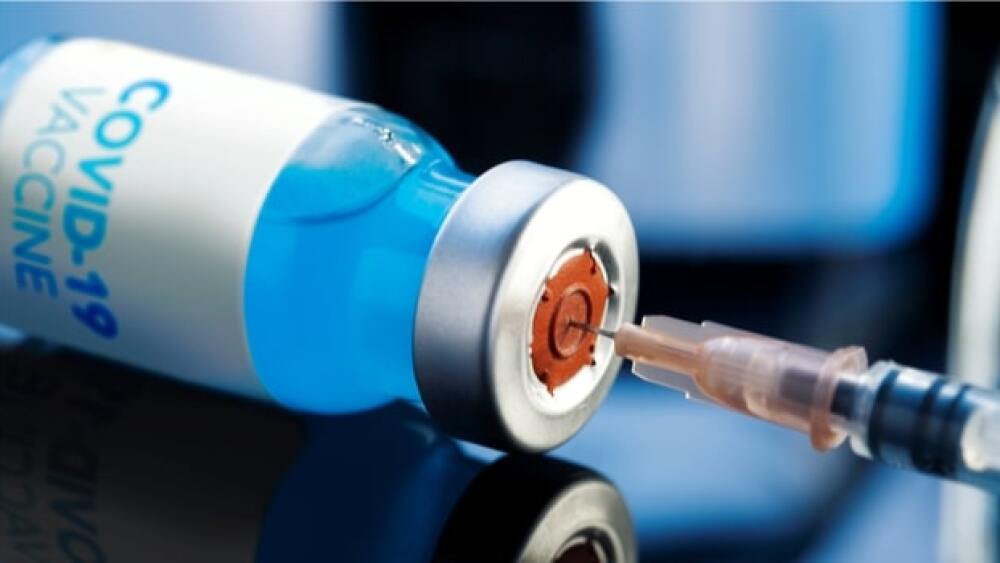The company posted an interim analysis of its Phase I/IIa trial that showed a single dose of JNJ-78436735 induced a strong neutralizing antibody response in nearly all participants and was well-tolerated.
Days after Johnson & Johnson moved its vaccine candidate into Phase III, the company posted an interim analysis of its Phase I/IIa trial that showed a single dose of JNJ-78436735 induced a strong neutralizing antibody response in nearly all participants and was well-tolerated.
Life sciences giant J&J announced this weekend that it posted the interim data on the pre-print server medRxiv. The data, which has yet to be peer-reviewed, indicates that the vaccine candidate for the novel coronavirus is not only effective, but also safe. The positive results from treatment with the investigational adenovirus serotype 26 (Ad26) vector-based vaccine were seen in nearly all participants aged 18 years and older and immune responses were similar across the age groups studied, including older adults, the company said.
In its announcement, Johnson & Johnson said the presence of antibodies to COVID-19 was observed in 99% of participants aged 18-55 years of age. Also, 98% of participants were positive for neutralizing antibodies against SARS-CoV-2, the virus that causes COVID-19, at day 29 post-vaccination. In all, the vaccine candidate generated strong antibody responses, strong T cell responses and a Th1 response, which is believed to be protective against the risk of vaccine-associated enhanced respiratory disease, the company said. Immunogenicity data from participants aged 65 years of age and above were available for the first 15 participants when J&J posted the data. The company said there were strong humoral and cellular immune responses elicited in all elderly participants who received a single dose of Janssen’s COVID-19 vaccine candidate.
Interim safety data from the Phase I/IIa trial indicated that the majority of adverse events reported were mild to moderate. Two serious adverse events were reported. The first was for hypotension, which was determined not vaccine-related. The second was a participant with a fever who was hospitalized due to suspicion of having COVID-19 but recovered within 12 hours
The data remain consistent with information gleaned from preclinical studies that were published in the journal Nature. In that paper, the data showed that a single dose of the vaccine successfully prevented subsequent infection and provided complete protection in the lungs of nonhuman primates.
The full set of results will be published once the complete Phase I/IIa trial data are available, the company said.
The ongoing Phase I/IIa clinical study of JNJ-78436735 was designed to study the safety and immunogenicity of two dose levels of the Janssen COVID-19 vaccine, and as single and two-dose schedules. The interim data published this weekend is what Janssen, J&J’s subsidiary, used to select the single-dose vaccine candidate for the Phase III study, which began last week. Johnson & Johnson also plans on running a Phase III clinical trial of a two-dose regimen of JNJ-78436735 versus placebo later this year. J&J believes it will take six to eight weeks to enroll and dose 60,000 participants.
J&J’s Ad26.COV2-S is an investigational SARS-CoV-2 vaccine built using the AdVac recombinant technology. The AdVac and PER.C6 technology have been used to develop and manufacture the company’s Ebola vaccine as well as to develop its vaccine candidates for Zika, RSV and HIV.





